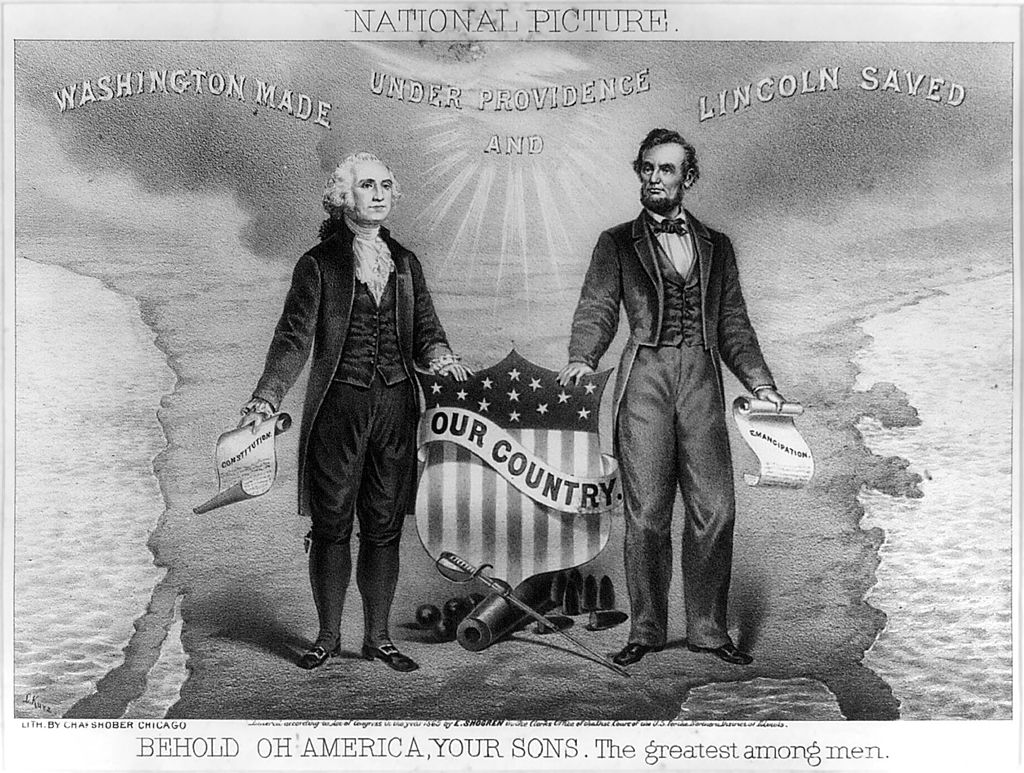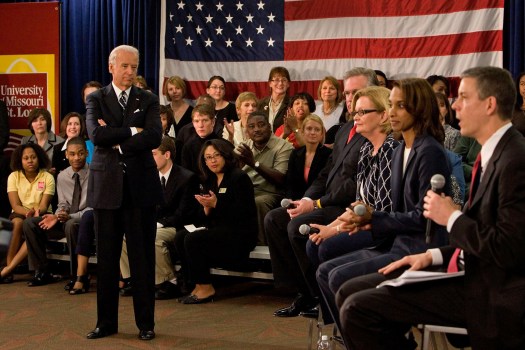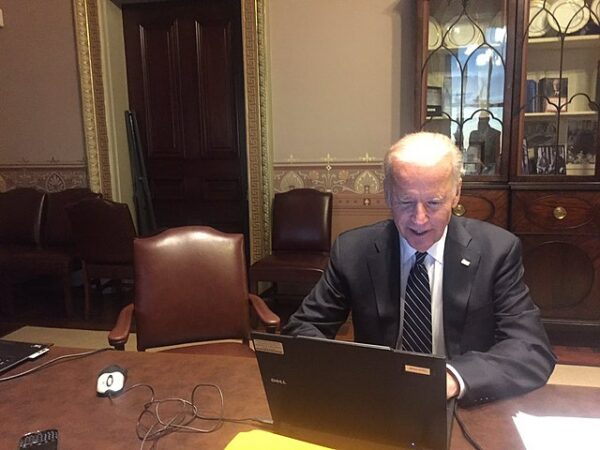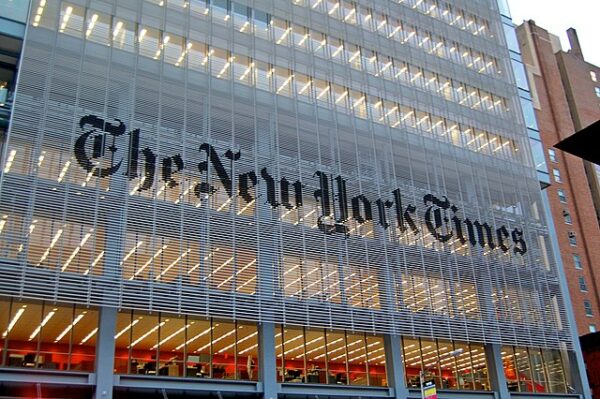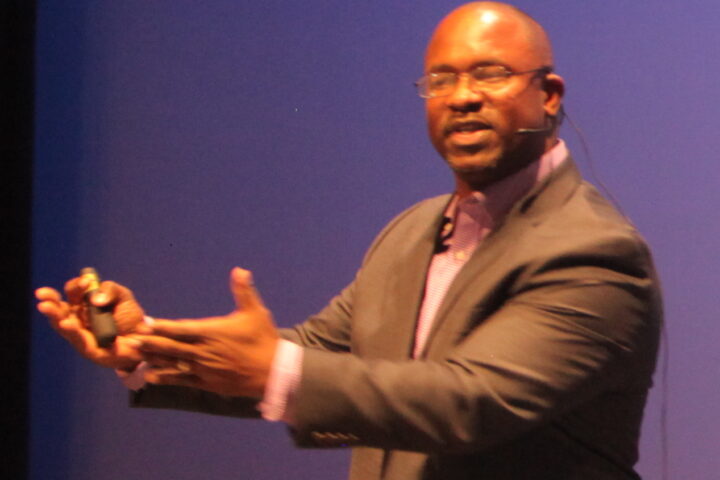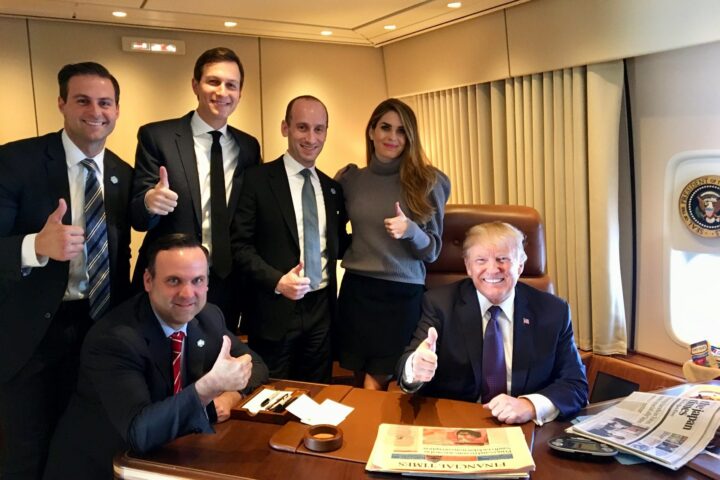In the midst of the Civil War, Abraham Lincoln believed that we needed to officially celebrate the greatest American who ever lived: George Washington.
That’s why he drafted a proclamation saying, “It is recommended to the people of the United States that they assemble in their customary places of meeting for public solemnities on the 22d day of February instant and celebrate the anniversary of the birth of the Father of his Country by causing to be read to them his immortal Farewell Address.
Given under my hand and the seal of the United States at Washington, the 19th day of February, A.D. 1862, and of the Independence of the United States of America the eighty-sixth.”
Despite him not liking birthday parties, we’ve celebrated George Washington’s birthday by having a day off ever since, even if it’s not really supposed to be called “Presidents Day.”
Mount Vernon shared the history of Presidents Day, writing, “George Washington was a humble man who did not enjoy flashy celebrations. During his lifetime, Washington paid little attention to his own birthday, and often “celebrated” it by responding to letters or attending to matters at Mount Vernon.
However, national celebration of his birthday began while he was alive and continued after his death. While his birthday is still recognized to this day, the parameters around it changed in the late 20th century, when it unofficially became known as “Presidents’ Day”.
The road to what the majority of the public in the United States now recognizes as Presidents’ Day is a long and confusing one. After Washington died in 1799, his birthday was informally celebrated across the country. It wasn’t until January 31, 1879, that Washington’s birthday became a federally recognized holiday.”
How did it become “Presidents Day?”
The New York Times reports, “The contemporary idea of a Presidents’ Day came in 1968, when Congress passed the Uniform Monday Holiday Act, which designated certain government holidays — including Washington’s Birthday, Labor Day and Memorial Day — to be observed on Mondays. The idea was to give federal employees more three-day weekends. Columbus Day, now often celebrated as Indigenous Peoples’ Day, became a federal holiday, too.
“It’s an economic motivation,” Mr. Engel said. “When they talked about the three-day weekend, they said, this will be good for business. They didn’t sugarcoat it.”
Tradition Remains
Every year since 1896, the Senate has selected one of its members, alternating between the parties, to read Washington’s 7,640-word farewell address near his birthday to the Senate chamber.
This year, Democrat Tammy Baldwin had the honor of reading the words of wisdom offered by the Father of Our Country.
**PLEASE SHARE THIS ON FACEBOOK AND OTHER SOCIAL MEDIA PLATFORMS**

